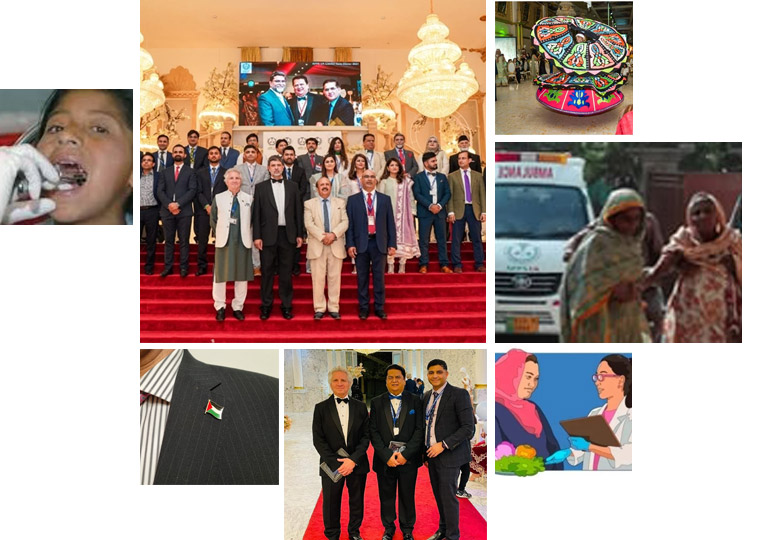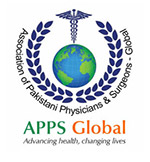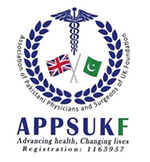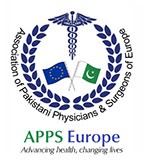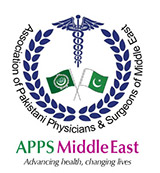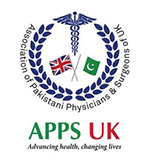
APPS UK is as part of General Medical Council’s BME Doctor’s Forum. In these meetings we have opportunities to raise any concerns directly with their top management.
Here is summary report of our last meeting that took place in November 2018:
The Chief Executive of General Medical Council, Charlie Massey, is aware of the enormous challenges faced by the medical profession in the UK:
A BME doctor may be earning up to £5K less than their counterpart whilst doing the same job.
33% of doctors in the NHS want to reduce their working hours and nearly half of 45-55 years olds plan to retire early.
A female BME doctor is twice as likely to be referred to the GMC.
Doctors are human beings and human beings make mistakes. The general public expectations from the NHS are too high who want every doctor to be 100% perfect.
Though GMC does not use reflective notes against any doctor in their investigations but as per Medical Act of 1983 any doctor can be compelled to disclose their reflections by a court, in case of an investigation, which may be used against them.
There is an urgent need to develop a culture of learn not blame:
- There should be higher bar for prosecution of gross negligence manslaughter. ?Reckless or wilful.
- Human factor training for all investigators
- Forma appraisal of all expert witnesses
GMC should take serious steps to ensure well being of doctors who are subject to investigations as suicide rates are very high in this group.
MPTS: There are 297 tribunal members: 157 lay (including legally qualified) and 140 medical tribunal members. 48% of tribunal members are females and 20% BME. GMC is planning further appointments during next year.
An audit of the fairness of GMC FtP decision making will be conducted during next year.
Barriers to reporting serious incidents:
- Blame culture
- Being new to the team
- Fear of implications (e.g. trainees educational progression)
- Workload Pressures
- Lack of feedback
There have been 18 recorded cases of Gross Negligence Manslaughter in last 20 years.
